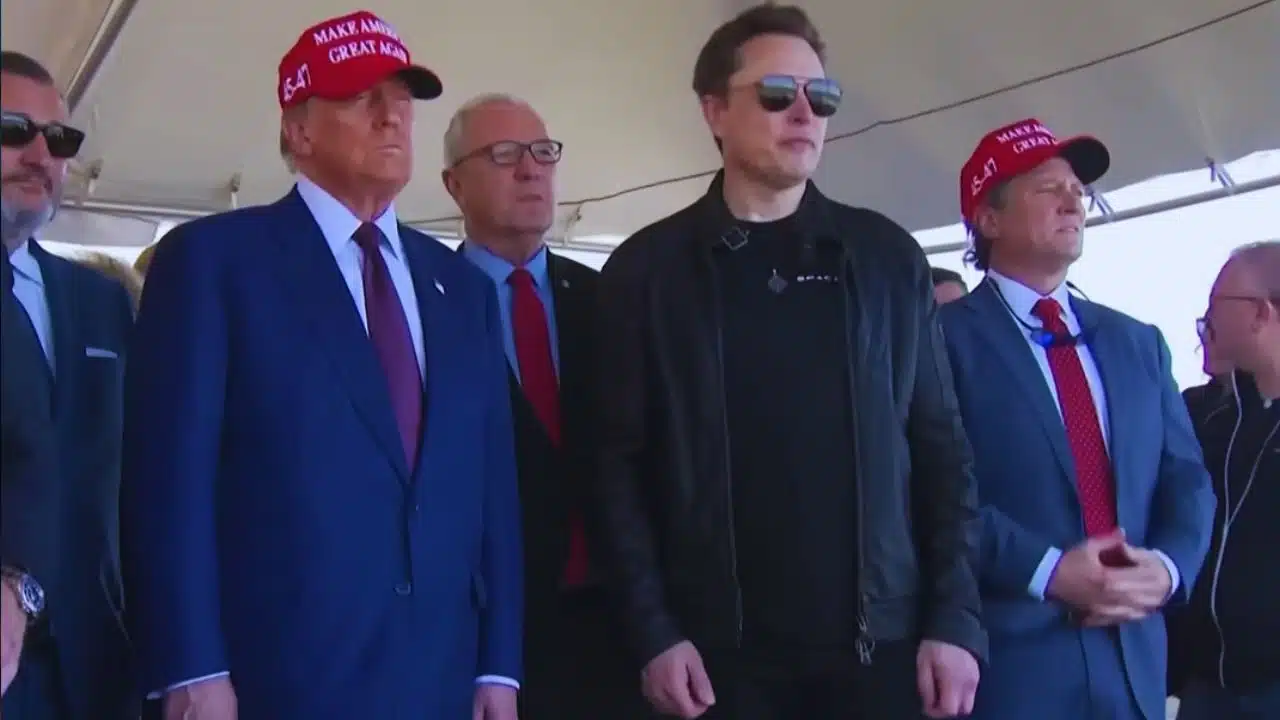In a recent conference held in Phoenix, Arizona, former US President Donald Trump addressed growing speculation about Elon Musk’s influence in the incoming administration and whether the tech mogul could one day aspire to the nation’s highest office.
The response was definitive: “He’s not gonna be president, that I can tell you.”
Constitutionally Ineligible: The ‘Natural-Born Citizen’ Clause
Trump highlighted a critical barrier that Musk faces in any hypothetical presidential bid — his birthplace. The US Constitution explicitly mandates that only natural-born citizens are eligible to become president. Musk, who was born in South Africa, is therefore constitutionally disqualified from the role.
“You know why he can’t be? He wasn’t born in this country,” Trump reiterated to the audience, addressing the question head-on during the Republican conference. His remarks came amid mounting criticism from both sides of the political spectrum regarding Musk’s influence in the administration, particularly in his new role as Trump’s “efficiency czar.”
Musk’s Growing Influence Sparks Controversy
Elon Musk, the billionaire CEO of Tesla and SpaceX, has recently found himself at the center of political debates for the outsized role he is playing despite being an unelected official. Dubbed “President Musk” by some critics in the Democratic Party, Musk’s influence has drawn fire for what many see as an unprecedented concentration of power in the hands of a private citizen.
Democrats have been especially vocal, questioning how Musk’s authority might shape government policies, while some Republicans have also begun to express concerns. Musk’s recent criticism of a government funding proposal sparked outrage after he shared a series of posts on his social media platform, X, to his 200 million followers. Many of these posts, later debunked as inaccurate, created political turbulence during delicate negotiations on Capitol Hill.
Government Shutdown Averted Amid Political Tensions
Musk’s interventions, coupled with Trump’s own opposition to the funding proposal, led to a standoff between Republicans and Democrats. The situation escalated to the brink of a government shutdown, just days before Christmas. Musk’s influence, amplified by his massive social media following, reportedly played a role in Republicans reneging on a bipartisan funding agreement.
Despite the upheaval, Congress managed to avert a shutdown, reaching a last-minute agreement overnight from Friday to Saturday. The resolution ensured that government services would continue uninterrupted, but the episode has left lingering questions about the role unelected individuals, like Musk, should play in shaping government policy.
Trump Assures No ‘President Musk’
Trump sought to ease concerns over Musk’s influence, assuring the Phoenix crowd that he would not cede presidential powers to the billionaire entrepreneur. “No, no, that’s not happening,” he declared, aiming to dispel any notion of Musk becoming a shadow leader in the administration.
A Divisive Figure in American Politics
Musk remains a polarizing figure in American politics. To some, he represents innovation and efficiency, making him a valuable asset in streamlining government operations. To others, his unaccountable power and often controversial rhetoric raise red flags about the influence of billionaires in democratic systems.
As debates over Musk’s role continue, one thing is clear: while the Tesla and SpaceX CEO may wield significant sway in the current administration, the prospect of “President Musk” remains firmly out of reach, both legally and, it seems, politically.
The Information is Collected from NDTV and India Today.




































